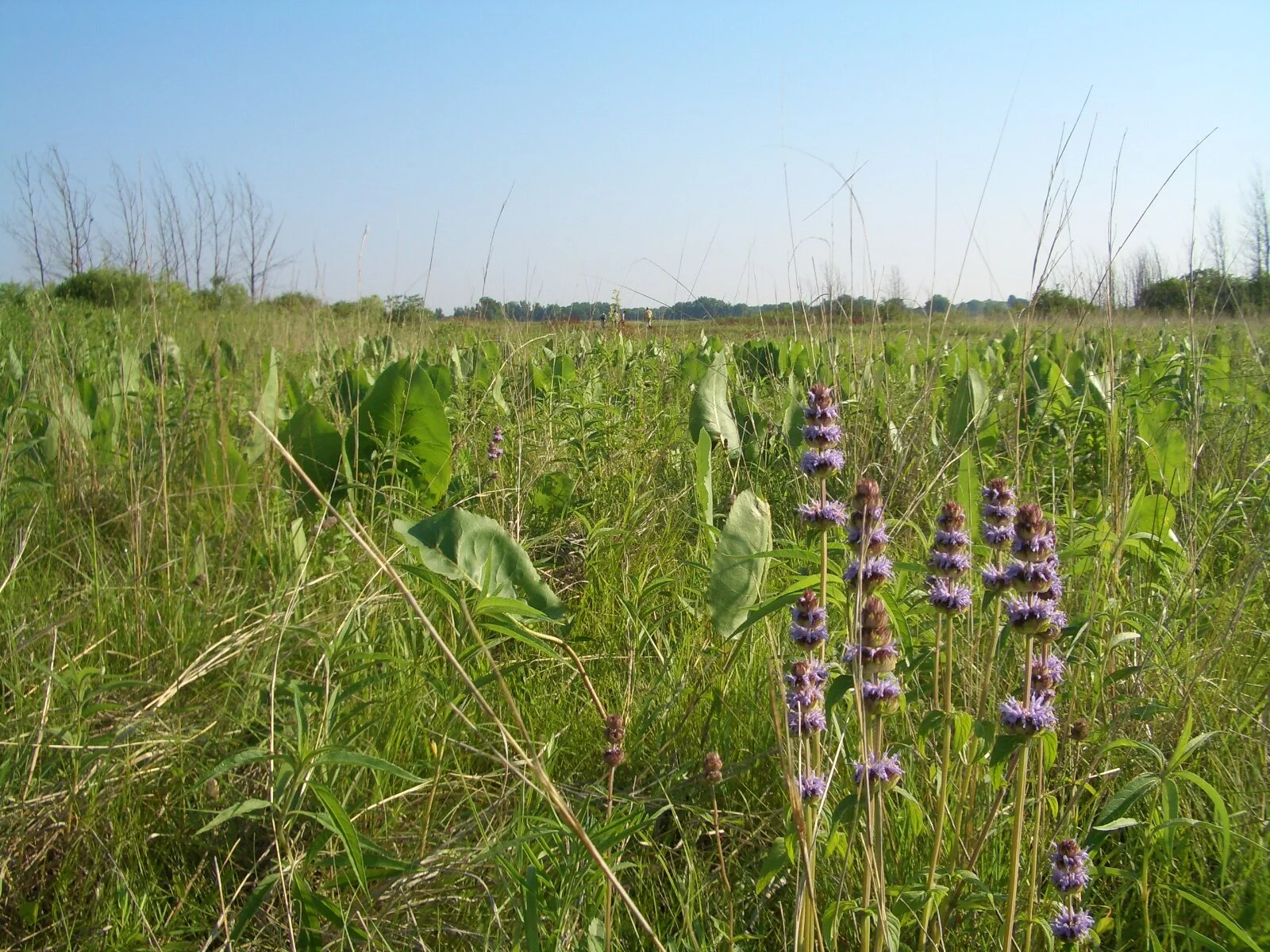Please use this link to read a letter that 41 fishing and hunting organizations just sent to Congressional leaders asking that Congress take some immediate and specific steps to substantially increase carbon sequestration and reduce the release of carbon. The actions will also improve and increase wildlife habitat and water quality. Just about all of these steps will also help many, many species of native plants, pollinators, and birds.
For some of these organizations, the letter represents a huge step forward in their public lobbying on the critical need to address our changed climate now.
Topf Wells, Madison Audubon board member and advocacy committee chair
Cover photo by Brenna Marsicek
The Energy 202: Hunting and fishing groups urge Congress to work together on climate change
July 28, 2020 at 8:05 a.m. EDT, The Washington Post
By Dino Grandoni with Paulina Firozi
A group of 41 hunting and fishing organizations are urging Democrats and Republicans in Congress to do more to combat climate change by protecting the land and waters critical for their sports.
Catastrophic drought, intense wildfires and aquatic dead zones created by toxic algae blooms are harming the habitat of the animals they like to hunt and fish, the groups said in a letter Monday to congressional leaders calling for bipartisan legislation to address the impacts of climate change.
They argue taking steps to preserve that habitat will also help keep carbon dioxide out of the atmosphere and blunt the adverse impacts of rising temperatures.
“Sportsmen and women, landowners and managers, and outdoor enthusiasts are on the front lines of climate change, often witnessing declines in landscape health and resiliency as well as impacts on our nation’s fish and wildlife resources,” the groups, which also include companies that make hunting and fishing gear, wrote House Speaker Nancy Pelosi (D-Calif.) and Senate Majority Leader Mitch McConnell (R-Ky.).
“We support immediate actions at the federal, state, local and private levels to catalyze these needed solutions,” read the letter, also addressed to House Minority Leader Kevin McCarthy (R-Calif.) and Senate Minority Leader Charles E. Schumer (D-N.Y.)
The groups are weighing in at a moment when the political landscape is changing alongside the physical environment.
Several Republicans in Congress are showing interest in passing legislation taking small steps to rein in greenhouse gas emissions.
The hunting and fishing organizations themselves tend to have many conservative members, and this is the first time in a decade the groups have engaged on the issue en masse, said Whit Fosburgh, head of the Theodore Roosevelt Conservation Partnership, a coalition of conservation organizations that spent a year organizing the letter.
“The debate has changed in the past few years, where you can talk about climate change,” Fosburgh said.
In June, for example, Sen. Mike Braun (R-Ind.), a tree farmer, put forward a bill meant to make it easier for farmers and foresters to make money from reducing emissions from their fields and forests.
And later that month Sen. Lisa Murkowski (R-Alaska), who represents the fastest-warming place in the United States, sponsored a bill to bolster research into ways oceans can store carbon.
U.N. scientists, however, say a drastic curb in emissions is needed over the next decade to forestall dangerous warming.
The letter also arrives less than 100 days until a presidential election that could grant former vice president Joe Biden and congressional Democrats the power in Washington to try to pass major climate legislation.
“Our community needs to be at the table,” Fosburgh said.
The hunters and fishers seek to protect and expand game habitat but steer clear of controversial proposals.
The sportsmen groups want the federal government to restore marshes, mangroves and other wetlands along oceans and rivers that act as a buffer against flooding, lock carbon out of the atmosphere and provide a home for waterfowl they like to hunt.
They also want better incentives for farmers to remove more land from agricultural production and plant grasses that both sequester carbon and give space for birds, deer and other game.
“We do this stuff all of the time,” Fosburgh said. “But we don’t usually think of it as a climate solution.”
The lobbying push, however, lacked specifics on what bills need to be passed or what programs need to be changed. For several of the organizations, this is the first time they have taken a stance on climate change.
“This is the first time we’ve come out very publicly and said, ‘These things are happening,' said Howard Vincent, president of Pheasants Forever and Quail Forever, a 140,000-member hunting organization. “This is the first time we are connecting those dots.”
And the sportsmen don’t make recommendations how the federal government should cut climate-warming emissions from cars, power plants and other major sources.
“The debate about the causes of climate change becomes a distraction,” said Dan Forster, director of government relations at the Archery Trade Association, another party to the letter that represents the manufacturers and retailers of bowhunting equipment.
“This letter stays away from some of the most political of debates,” he added.
Some hunters say they already see how raising temperatures are altering their favorite hunting spots.
Nick Pinizzotto, a deer hunter of more than three decades, remembers the frigid temperatures in October when hunting in western Pennsylvania during his youth.
“Now it seems to stay warmer much longer,” said Pinizzotto, who is now the head of the National Deer Alliance, a deer hunting and conservation group.
The damage has been more dramatic elsewhere.
As my colleagues Zoeann Murphy and Chris Mooney reported last year, rising temperatures in Montana’s Bitterroot Valley since 1950 have led to bark beetle outbreaks and drought that led to forest fires that have driven away elk.
“The forest health has deteriorated,” Michael Gordon, an elk hunter, told The Post. “Hundreds of thousands of acres have burned. So we have hundreds of thousands of acres of pick-up sticks.”




